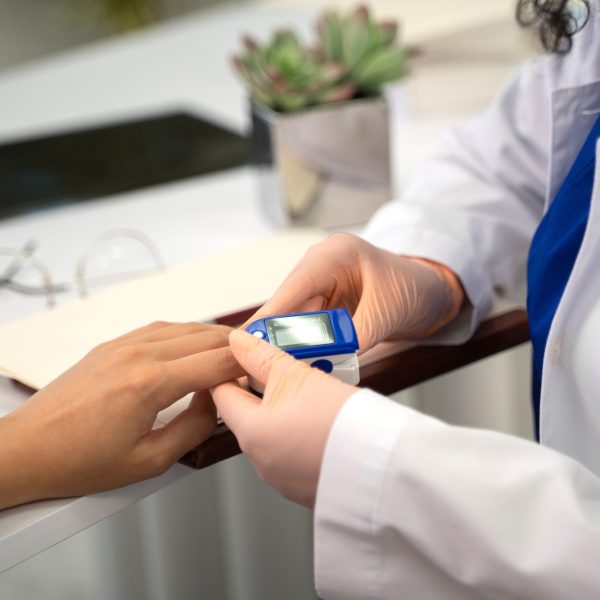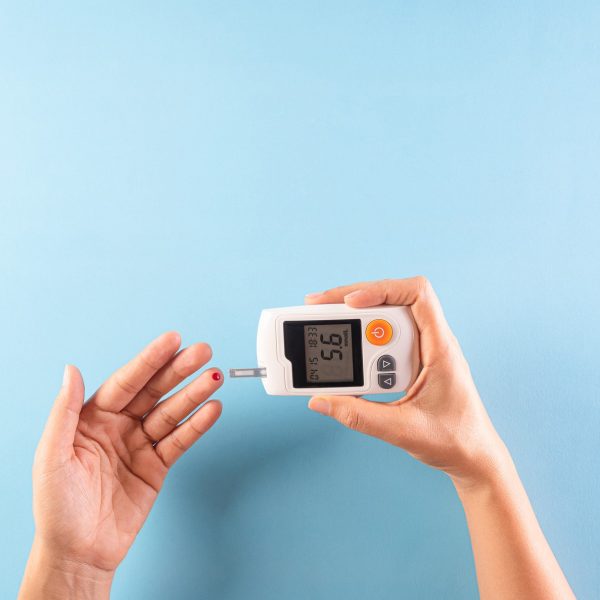Prenatal vitamins are a crucial component of a healthy pregnancy. They are specifically designed to provide expectant mothers with the essential nutrients needed to support the growth and development of their babies. In this blog, we will discuss the importance of prenatal vitamins, the key nutrients they contain, and tips for choosing the right prenatal vitamin for you.
Why are Prenatal Vitamins Important?
Prenatal vitamins help ensure that a woman gets the necessary nutrients during pregnancy, even if her diet is not perfect. During pregnancy, the body needs certain nutrients, such as folic acid, iron, and calcium, to increase. Prenatal vitamins help to fill in any gaps in a woman’s diet, ensuring that both she and her developing baby are getting the nutrients they need.
Prenatal vitamins can help to prevent birth defects. For example, taking a folic acid supplement before and during early pregnancy has been shown to reduce the risk of neural tube defects by up to 70%.
Prenatal vitamins typically contain a range of essential nutrients, including:

- Folic acid: Folic acid is a B vitamin that is critical for proper neural tube development. It is recommended that expectant mothers take at least 400 micrograms (mcg) of folic acid daily, and many prenatal vitamins contain this amount.
- Iron: Iron is important for the formation of red blood cells and helps to prevent anaemia, which can cause fatigue and weakness. Expectant mothers need 27 milligrams (mg) of iron per day, and most prenatal vitamins contain this amount.
- Calcium: Calcium is essential for the development of strong bones and teeth. Most prenatal vitamins contain around 200-300 mg of calcium per day.
- Vitamin D: Vitamin D is important for calcium absorption and helps build strong bones. Most prenatal vitamins contain 400-800 international units (IU) of vitamin D.
- Vitamin B12: Vitamin B12 is important for the proper functioning of the nervous system and the formation of red blood cells.
- Iodine: Iodine is important for the proper functioning of the thyroid gland, which regulates metabolism. Most prenatal vitamins contain 150 mcg of iodine per day.
- Omega-3 fatty acids: Omega-3 fatty acids are important for brain and eye development and are typically found in the form of docosahexaenoic acid (DHA) in prenatal vitamins.
Tips for Choosing the Right Prenatal Vitamin
When choosing a prenatal vitamin, it is important to look for a brand that is specifically formulated for expectant mothers and contains the key nutrients discussed above. Some important factors to consider when choosing a prenatal vitamin include:
- Check the label: Look for a prenatal vitamin that contains the recommended amounts of folic acid, iron, and other key nutrients.
- Consider your individual needs: If you have a history of anaemia, for example, you may need a prenatal vitamin that contains more iron.
- Talk to your doctor: Your doctor can help you determine the best prenatal vitamin for your individual needs and can answer any questions you may have about taking prenatal vitamins during pregnancy.
In conclusion..
Prenatal vitamins are an important part of a healthy pregnancy and can help to ensure that both the expectant mother and her developing baby are getting the nutrients they need. By choosing the right prenatal vitamin and taking it as directed, expectant mothers can help to support the healthy growth and development of their babies.



























Share this article